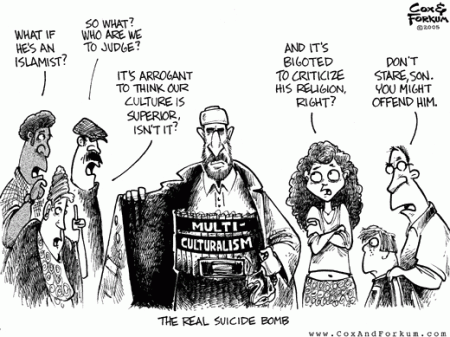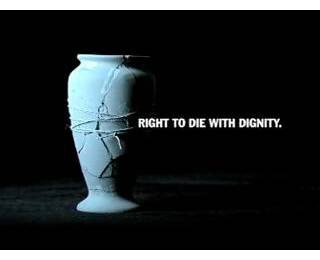Human civilization cannot function without proper governance, because of its extreme dependence on infrastructures such as transportation, roads, highways, railways, airways, airports, waterways and docks; clean water supply, electricity, sanitation and sewage just to name a few; and not to mention the intricacies of international relations.
Besides utilities and many other functions, the government also needs to have the ability to uphold law and order, and with the help of intellectuals formulate the laws themselves.
Under these circumstances a governing body is of utmost importance that can coordinate and facilitate in a centralized fashion the maintenance and development of these infrastructures for continued smooth functioning of civilization as we know it.
The main difference between theocracy and secular governance is that in a theocracy the government simply passes out rules from an old book, whether it applies to people or not, whether people like it or not. There is no concept of people’s choice. This automatically gives rise to extreme prejudices, issues in human rights and many more.
In a secular governance, ideally the government actually surveys what people need and want to see what laws are applicable. The government eventually must take steps to uphold all basic human rights and the concept of equality.
The government is not there to control the population, it is there to assist the development of the people by providing an environment where they are more concerned about how to improve or enjoy their own lives. That’s why people in the secular nations are more educated; they live longer and healthier lives, and usually have a lot more fun 🙂
Theocracies by default are for controlling the masses, their laws and rules are designed to control every aspect of human life including extremely personal matters such as your sex life, your relationship with other human beings and how you should conduct them, your way of dressing and living in general, to give a few examples. Deviating from those norms and rules are punishable by law and sometimes have dire consequences.
Secular governance does not try to control any one. The concept of secular governance is to assist in the development and integration of people of very different backgrounds. That is why, for example, in most secular countries you find people of all religions, creed and color, and they live there without fear from each other for the most part. Whereas in theocracies the minority is either non-existent or live in fear and seclusion.
Secular societies do not impose any control over anything personal to you. You may dress in the hijaab, nikaab, a t-shirt and a jeans or a bikini. Your sex life is your own to deal with, whether you like to masturbate often or go around having sex with people of the same gender or the opposite, have a one on one, threesome or 4-some, its the business of no one else other than the people involved including you.
You can speak your mind, freedom of speech, whether it be because you don’t like a certain government leader or a certain law or if you just feel like venting some frustration and just ramble on some nonsense or draw silly cartoons about Jesus.
You can have any religion you want, freedom of religion and freedom from religion, and be guaranteed to freely practice your religion within certain limits, which is without harming or bothering other people with your religious practices and without breaking any secular laws.
There is no discrimination by law. And so on… Simply put, secular governance is about the people, their rights and their freedom. Whereas a theocracy is not about the people, its usually about what a non-existent god wants, reviled through ancient, ambiguous, and obsolete books.
In a secular society, education is important, few people “BELIEVE” that they are better than others. That is only the case with religious moderate to pure bred extremists, who believe that they are better human beings because god tells them they are, because they have faith.
Today, we have the education system to tell us who is better at what compared to the next person. There is no such thing as “BELIEVING” to be better. For example, I “KNOW” for a fact that I am far better than you are when it comes to understanding computers (I being a qualified computer scientist) and I “KNOW” for a fact that you are far better than I am in understanding the human body (assuming you are a qualified doctor).
In the same way, we “KNOW” the different expertise of intellectuals and who is better than who for a given job, including handling aspects of governance.
Lastly, lets take an example of any theocracy in existence today and make a comparison with any established secular country – Saudi Arabia VS Norway – where would you prefer to live 😀





















